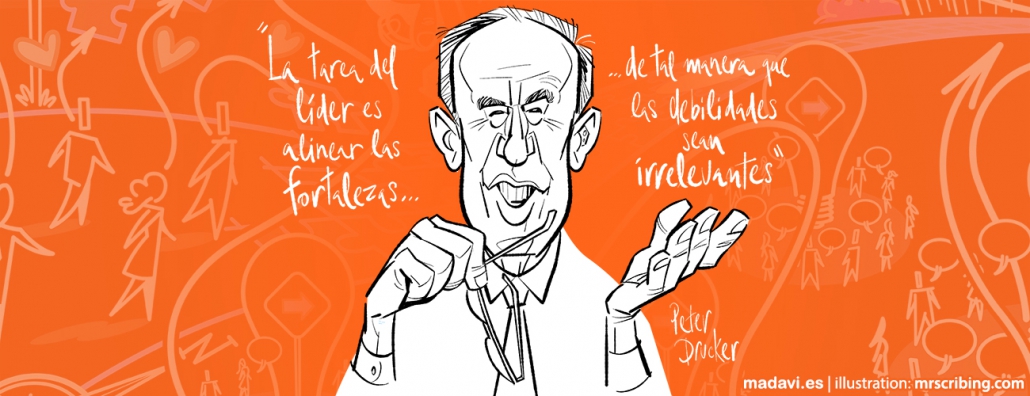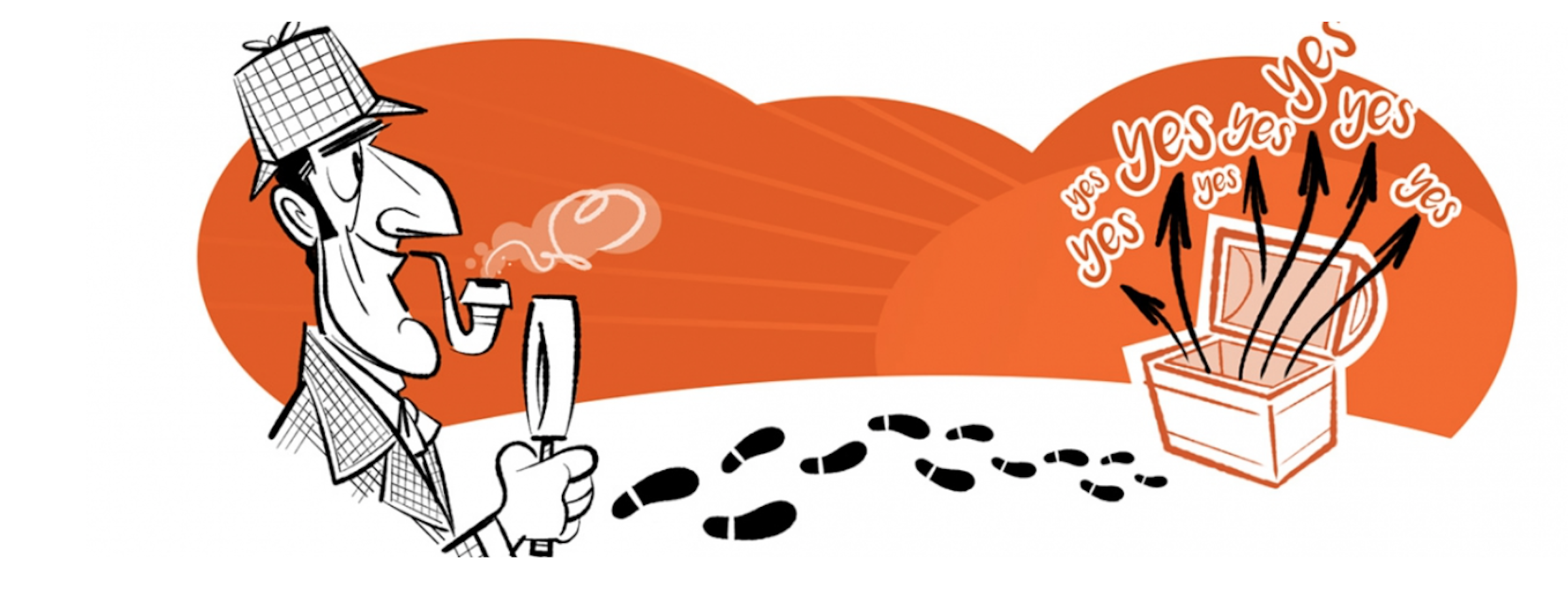Organizations in the whole world have entered a new reality which few would have imagined at the beginning of 2020. In a few months COVID-19 has transformed economies and organizations all over the world, but nevertheless, moments such as these also offer opportunities.
In a moment of disruption like the present resilience can grow, human values can come to life and even innovation and the positive development of organizations can occur, and this is what leaders should do. That is how David Cooperrider talks about Appreciative Inquiry in a broken world.
“We know from years of investigation, that in the long run corporative cultures are put to the test and moulded practically completely in the cresol of a crisis, during the most difficult times of external adaptation and internal integration”. Due to this, the way in which leaders lead in times of catastrophe has a great effect on future concepts such as corporative confidence, collective confidence, resistance or fragility and a strong corporative culture.
According to David Cooperrider, times of crisis nearly always reveal or strengthen the «true colours » of an institution, converting it into a moment to go either backwards or to move to an exceptional elevation.
But how can we be appreciative during a pandemic? It is not easy to find the tools, the mentality or the methods of managing change to advance towards a collective resilience.
Instead of seeing this moment like a problem to solve,
we should see how human systems are «universes of strength »
Organizations are, as Cooperrider explains, fundamentally live systems and centres of human relations integrated in networks that are potentially amplifiable, and definitively, a vast «universe of strengths». In this manner, instead of seeing this moment as a problem to solve we should see the human systems as «universes of strengths».
Visualizing human systems from this perspective allows us to advance in the direction of an “appreciative world”, because the more we study what «life gives us » rather than «what is bad», the more we can advance or convert ourselves into what we are studying, because human systems move in the direction of what they study”.
Based on this, what questions can we ask a team or a whole company in the context of a pandemic?
In this article, David Cooperrider poses a series of questions to conclude how an organization can benefit from such a disruptive moment, uniting and becoming more resistant. What most worries us and how does it relate to the future given the situation we are living? What good can we reap from this crisis? In these moments of amplified meaning, one way of maintaining such vital openings is to magnify significative stories by conversations with others.
Appreciative leadership learnings
What are we learning about leadership? Leadership is about making a difference. Meg Wheatley, writer and management consultant who studies organizational behavior, defines leadership in terms of leaving the world a better place than we found it. «A leader», she says, «is anyone who wants to make a difference at that moment, and not simply to be seen in terms of hierarchy or position.
For Peter Drucker, consultant, professor and philosopher of administration, the development of an appreciative eye is, in essence, the first task of a great leader. «The task of leadership is to create an alignment of strengths in such a manner that the weaknesses are irrelevant ».

What are the things we should maintain? Cooperrider claims that our organization should learn, change, evolve and transform in the future, that is to say, that each organization should change in a world that is constantly changing. But even in moments of volatility, tragedy and uncertainty like the present, there are values and strengths of in our organization that we should maintain. Moreover, he asserts that “organizations that are resistant, those that are able to recover, know how to preserve what they do best and know how to improve and change with valour.”
What are the images of a better future? Firstly, visualize the organization that you want in a few years as if it were the next chapter of a book. Then continue by analysing what has changed and what is better in that vision of the future, for example, seeing the organization collaborating greatly and with a high level of commitment and a stronger culture.
In the words of David Cooperrider, “if we want to learn how, when, why and in what conditions lead to humans, groups and companies flourishing, we should use an appreciative look in our structure of investigation, and in a rigorous and disciplined analysis”.
Finally, this post reminds us of a previous one from a few weeks back in which -following the same line of argument we are now talking about – Madavi stressed that in this moment of disruption, we should not complain nor ask what is good about this situation but rather we should ask ourselves what potential it has.

